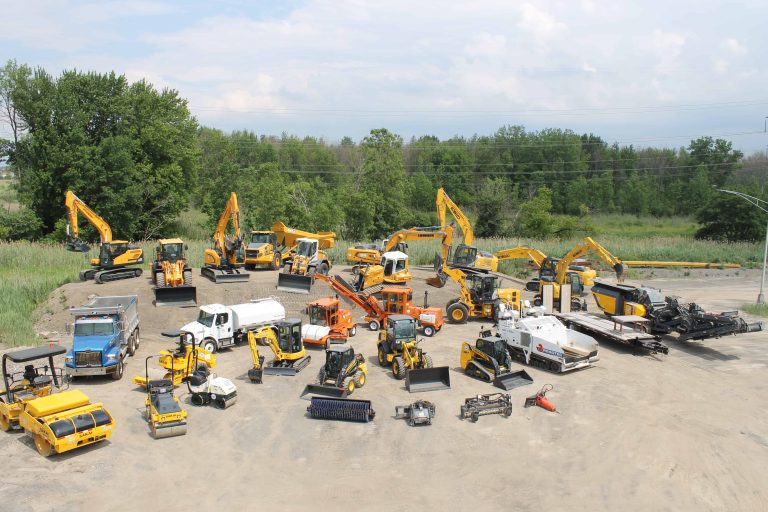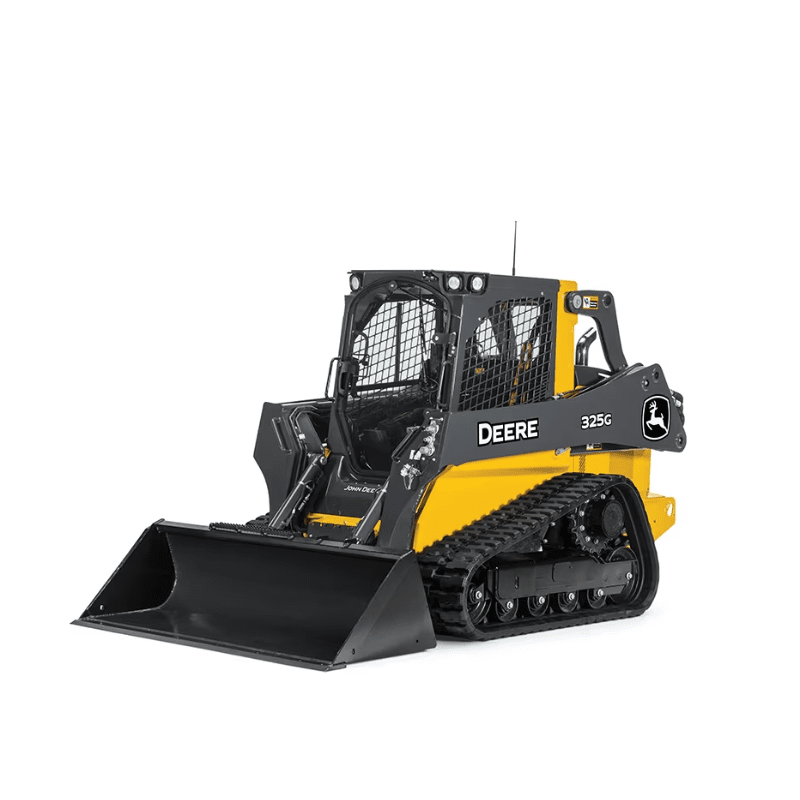Equipment Rental Company: Your Resource for All Sorts Of Machinery
Equipment Rental Company: Your Resource for All Sorts Of Machinery
Blog Article
Exactly How to Select the Right Construction Equipment Rentals to Meet Your Certain Demands
Choosing the suitable building and construction devices services is a critical action that can dramatically affect task efficiency and success. It requires a systematic examination of task needs, tools abilities, rental terms, and logistical considerations. Each factor plays an essential role in making certain that the preferred equipment straightens with specific jobs and website problems. The subtleties of these evaluations can frequently be neglected, leading to possible complications. Comprehending exactly how to browse this procedure successfully may be the trick to maximizing resources and decreasing costs-- yet many specialists find themselves at a crossroads when making these important choices.
Examine Your Task Needs
Before picking building and construction equipment services, it is necessary to extensively analyze your job needs to guarantee that the right tools are used for optimal effectiveness and security. Begin by specifying the range of your job, including the jobs to be finished and the timeline for conclusion. This foundational understanding will assist you in recognizing the details devices required.
Next, think about the website problems, such as surface, ease of access, and the space offered for navigating machinery. These factors straight influence the kind and dimension of tools that can be effectively employed. In addition, assess the anticipated work and production rates, as these metrics will figure out the devices's capacity requirements.
It is also important to assess any kind of governing or security requirements that may relate to your project. Compliance with these laws can affect devices option and usage, impacting total job timelines and prices. Finally, speak with your task team and stakeholders to collect insights and agreement on tools needs. By very carefully considering these components, you can make enlightened choices that not just improve operational performance however additionally advertise a secure workplace.
Evaluate Tools Capacities
Just how do you identify whether the equipment satisfies your job's needs? Beginning by assessing the specific tasks required for your task and match these with the abilities of the equipment offered for lease. Think about the equipment's size, power, and capacity, along with its functional features. If you need to lift heavy products, make sure the lifting capability of the devices aligns with your demands.

Last but not least, take into consideration the current technical developments that might improve efficiency. Features such as GPS monitoring, gas performance, and operator-friendly controls can considerably influence job execution. By thoroughly evaluating tools capacities against your job requirements, you can make sure that you pick the appropriate machinery that not only meets yet surpasses your functional demands, ultimately adding to the success of your building task.
Understand Rental Terms
Recognizing rental terms is vital for making certain a successful and smooth tools rental experience. Familiarizing yourself with the details regards to a rental contract can avoid misconceptions and possible disputes. Key components to consider consist of the period of the leasing, payment terms, and any kind of affiliated charges.
Normally, rental durations are defined in day-to-day, regular, or regular monthly terms, and comprehending these periods is necessary for budgeting. Furthermore, settlement terms may vary between companies, including deposits, late repayment fines, and approved repayment approaches.
It's additionally vital to clarify obligations for upkeep and damages. Some rental arrangements might specify that the tenant is in charge of regular maintenance and any repairs that take place throughout the rental duration. Recognizing the problems regarding damage or burglary is essential; ask about insurance policy alternatives and liability coverage to safeguard your interests.
Think About Transportation Logistics
Transport logistics play an essential role in the successful leasing of building tools. Appropriate preparation and execution of transport techniques can significantly affect the effectiveness and efficiency of your building project. Before settling devices rentals, examine the place of your project site and the ease look at more info of access of transport routes.
Think about the range between the rental copyright and your site, as longer distances can result in increased transport prices and hold-ups - rental company near me. Assess the weight and measurements of the tools to guarantee it can be securely delivered on offered roadways and facilities

Bear in mind regional regulations concerning transport permits and paths, as these can influence the logistics of relocating heavy machinery (equipment rental company). By proactively resolving these considerations, you can reduce possible interruptions and make sure that the best devices is provided in a timely manner, cultivating an extra efficient construction process
Contrast Rental Prices and Suppliers
When assessing building and construction tools leasings, it is important to compare carriers and my response prices to guarantee you protect the very best value for your task. Start by collecting quotes from multiple rental firms to develop a standard for pricing. Realize that expenses can vary significantly based upon elements such as tools type, rental period, and additional services used.
Next, consider the online reputation and integrity of each service provider. Look for consumer evaluations and endorsements to evaluate their solution top quality. A firm with a strong performance history may warrant a higher rental expense as a result of exceptional devices maintenance and consumer support.
In addition, evaluate the terms of the rental agreements. Some providers might supply flexible rental choices, such as day-to-day, regular, or monthly rates, which can be useful relying on your task timeline. Pay interest to additional fees, such as distribution costs and insurance expenses, which can influence the overall rental price.
Verdict

Choosing the proper building and construction devices rentals is a critical step that can significantly influence job performance and success.Before choosing building equipment services, it is essential to thoroughly assess your task demands to ensure that the right tools are utilized for ideal performance and safety and security.Recognizing rental terms is critical for making certain a smooth and effective devices rental experience.When assessing building equipment services, it is important to contrast prices and suppliers to guarantee you safeguard Visit Your URL the ideal value for your task.Choosing the ideal building equipment leasings demands a comprehensive examination of job requirements, equipment capabilities, rental terms, transportation logistics, and relative costs.
Report this page